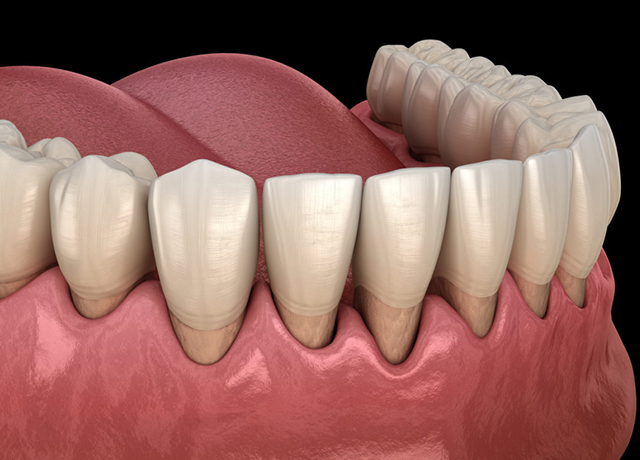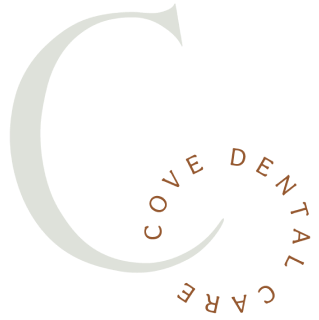
Periodontal Disease Treatment In Greenville, SC
Signs of Gum Disease
- Irritated and Swollen Gums
- Bleeding Gums
- Gum Sensitivity
- Gum Recession
- Bone Loss
The Stages of Gum Diseases
Gingivitus
Slight Periodontal Disease
Moderate Periodontal Disease
Severe Periodontal Disease
More About Periodontal Disease Treatment
Periodontal disease, also known as gum disease, is a common oral health condition that affects the gums and supporting structures of the teeth. It is caused by bacterial infections that lead to inflammation and damage to the tissues around the teeth. Without proper treatment, periodontal disease can progress and result in tooth loss and other health complications.
The treatment of periodontal disease aims to control the infection, reduce inflammation, and restore the health of the gums and supporting tissues. The specific treatment approach depends on the severity of the disease.
For mild cases of periodontal disease, non-surgical treatments are often effective. These may include scaling and root planing, which involve removing plaque and tartar buildup from the teeth and smoothing the tooth roots to prevent bacteria from adhering. This procedure helps the gums reattach to the teeth and reduces pocket depths where bacteria thrive.
In more advanced cases, surgical interventions may be necessary. Flap surgery involves lifting the gums to access and clean the root surfaces thoroughly. Sometimes, bone grafts or tissue grafts are performed to regenerate lost bone or gum tissue.
For cases where pockets persist even after surgery, more specialized treatments like laser therapy or antibiotic treatments may be employed. Laser therapy removes infected tissue and promotes healing, while antibiotics help control bacterial infections.
Ongoing maintenance is crucial to managing periodontal disease. Regular dental cleanings and check-ups are recommended to monitor the condition and prevent relapse. Patients are also educated about proper oral hygiene practices to maintain healthy gums and prevent recurrence.
The success of periodontal disease treatment largely depends on early detection and intervention. Regular dental visits and good oral hygiene habits are essential in preventing and managing this condition. By addressing periodontal disease promptly, patients can preserve their oral health, prevent tooth loss, and promote overall well-being.
